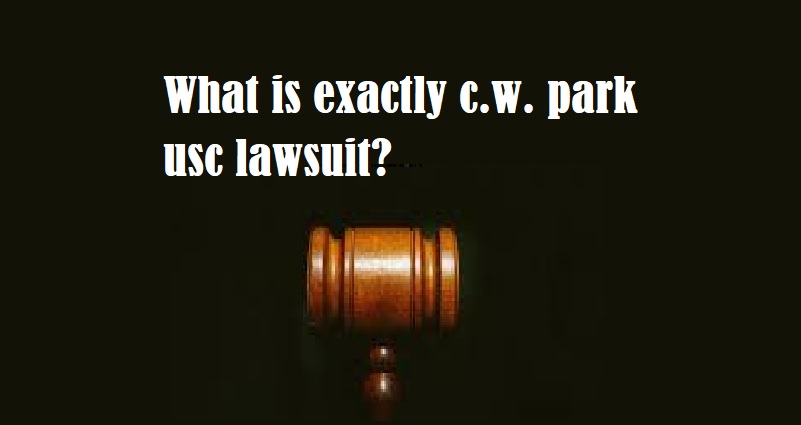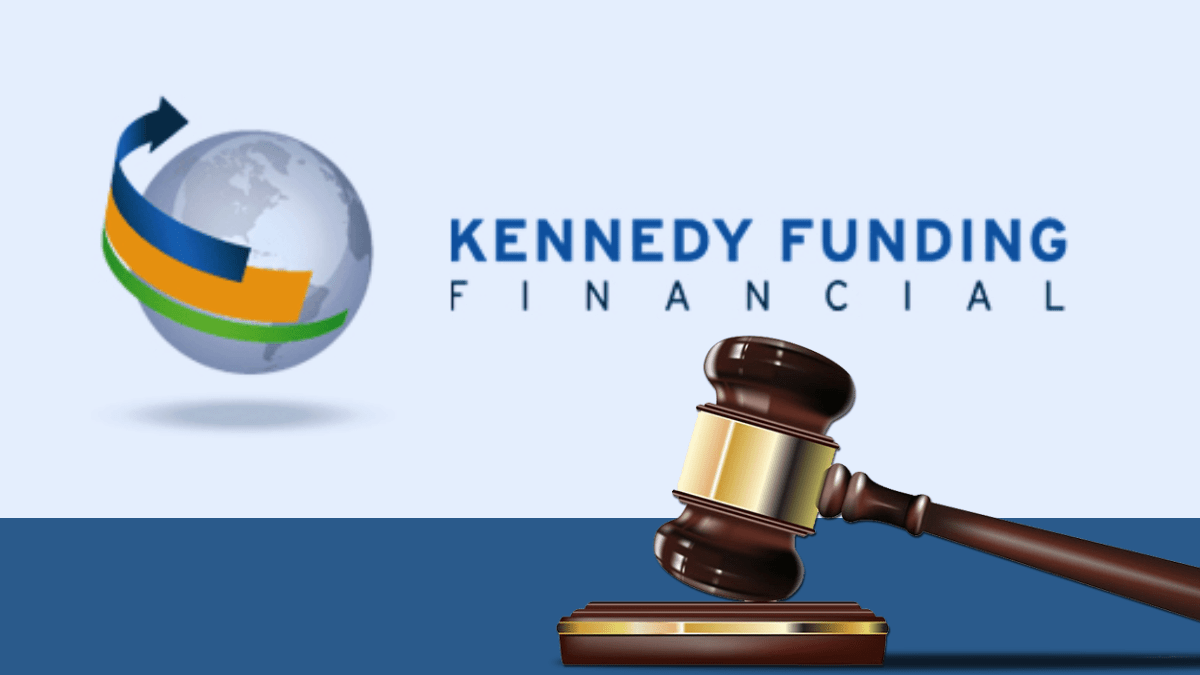The C.W. Park USC Lawsuit has sparked widespread consideration and discussion within the education community. This high-profile case includes claims of academic misconduct, bringing up issues about trustworthiness, ethics, and the standing of one of the country’s most renowned establishments. In this article, we dig into the subtleties of the lawsuit, look at its implications, and investigate the more extensive impact on the field of English education.
The Job of English Language Education in the US
English language education assumes a crucial part in forming the intellectual and expert improvement of people in the US. From primary school to college, English courses are intended to enhance understudies’ communication abilities, critical abilities to reason, and cultural comprehension. Establishments like the College of Southern California (USC) have for some time been viewed as pioneers in giving quality education in this field.
Figuring out the C.W. Park Lawsuit
Background and Claims
The C.W. Park USC lawsuit includes a previous teacher, Dr. C.W. Park, who showed in the English branch of USC for north of two decades. The lawsuit affirms that Dr. Park took part in numerous acts of academic misconduct, including counterfeiting and fabrication of research discoveries. These claims have sent shockwaves through the academic community, as they challenge the actual underpinnings of trust and uprightness whereupon educational foundations stand.
Implications for Academic Uprightness
Academic uprightness lies at the core of any legitimate organization, filling in as the bedrock of knowledge creation and scattering. The C.W. Park USC lawsuit uncovers the importance of maintaining ethical principles in academia. Organizations should stay watchful in their endeavors to forestall, detect, and address acts of academic misconduct to protect the respectability and credibility of their projects.
Impact on USC’s Standing
The claims against Dr. Park not just cast a shadow over his own career yet additionally raise concerns about USC’s oversight and accountability mechanisms. Notoriety requires a long time to fabricate, however it very well may be handily discolored by a solitary scandal. USC should make a swift move to address what is going on, rethink its inner procedures, and communicate straightforwardly with its partners to reestablish trust in its academic projects.
Reflections on Academic Mentorship
One of the key components featured in this C.W. Park USC lawsuit is the job of mentorship in academia. Dr. Park was known for his compelling mentorship style, which attracted various understudies all through his career. The claims against him force us to rethink the balance between mentorship and academic meticulousness. While mentorship is important, it ought to never come to the detriment of academic honesty.
Advancing Ethical Conduct in English Education
The C.W. Park lawsuit fills in as a wake-up call for English educators nationwide. It underlines the requirement for increased accentuation on ethical conduct within the field. Educators ought to focus on cultivating a climate of respectability, giving understudies the necessary apparatuses to explore the complex domain of academic research, citation, and inventiveness. By imparting these qualities from the get-go, we can forestall future cases of misconduct.
Frequently Asked Questions
Q1: How did the C.W. Park USC lawsuit come to light?
The C.W. Park lawsuit came to light when a gathering of whistleblowers within USC uncovered evidence of academic misconduct by Dr. Park. Their endeavors to reveal insight into the circumstance prompted an examination and ensuing lawful action.
Q2: What are the possible consequences if the claims against Dr. Park are validated?
If the claims against Dr. Park are validated, the consequences could be extreme. He might face proficient repercussions, such as deficiency of residency or even end. Moreover, USC’s standing might endure, bringing about decreased enlistment and reduced subsidizing valuable open doors.
Q3: How can colleges forestall academic misconduct?
To forestall academic misconduct, colleges ought to carry out strong frameworks for detecting literary theft, fabrication, and other types of misconduct. Standard preparation on research ethics, legitimate citation practices, and the utilization of copyright infringement detection software can assist with educating understudies and faculty about the importance of academic respectability.
Q4: Are there any past cases of academic misconduct that have impacted English language education?
Indeed, there have been past cases of academic misconduct within the field of English language education. These cases act as need might arise for vigilance and ethical conduct in academia.
Q5: What steps can understudies take to guarantee they are not coincidentally captivating in academic misconduct?
Understudies can find multiple ways to stay away from unintentional commitment to academic misconduct. These include carefully citing all sources utilized in their work, looking for clarification from teachers in regards to citation rules, and using counterfeiting detection devices to check their writing before accommodation.
Conclusion
The C.W. Park USC lawsuit has revealed insight into the complex issues encompassing academic misconduct within the field of English language education. It fills in as a sign of the importance of maintaining ethical guidelines, advancing mentorship that lines up with academic respectability, and cultivating a climate conducive to genuine scholarship. By gaining from this case, educational organizations can strengthen their commitment to excellence and guarantee that people in the future of English language students receive an education grounded in trust, mastery, and credibility.



